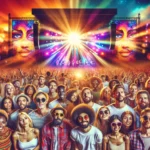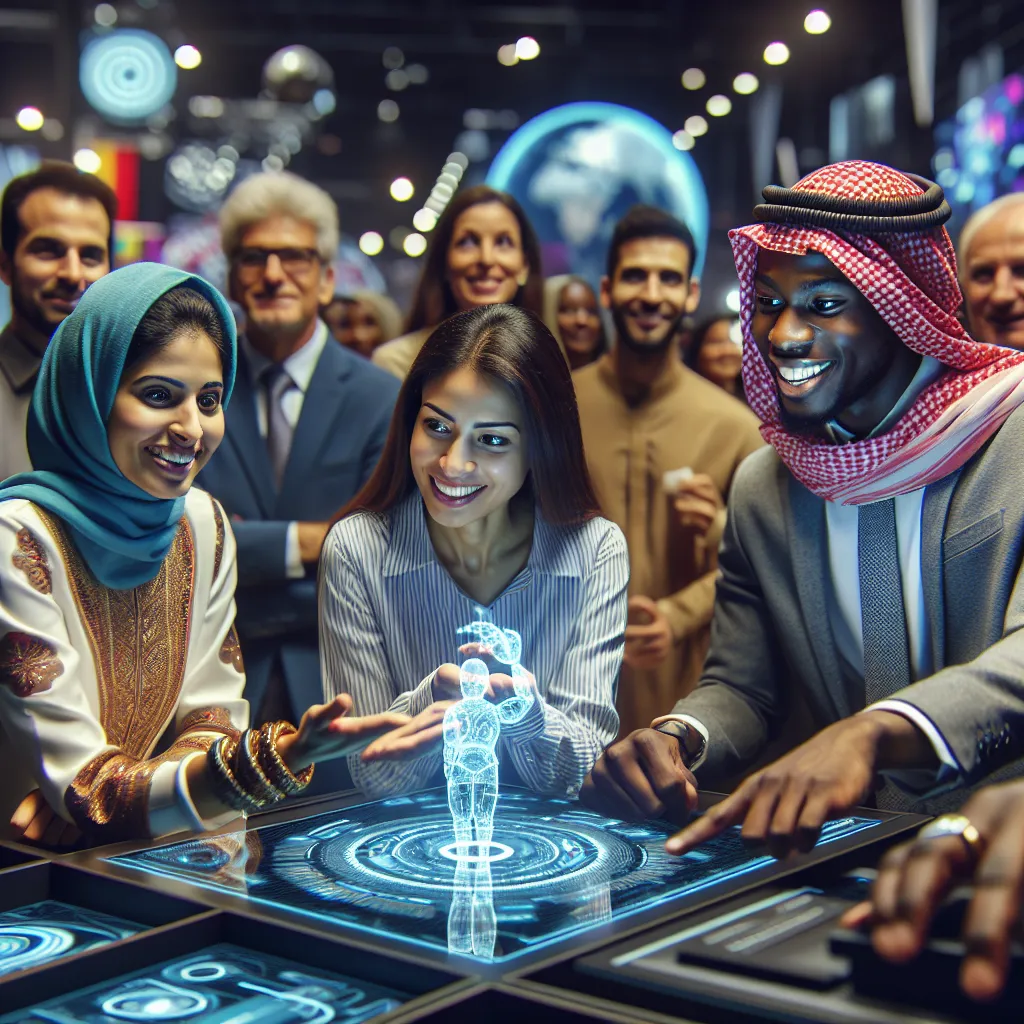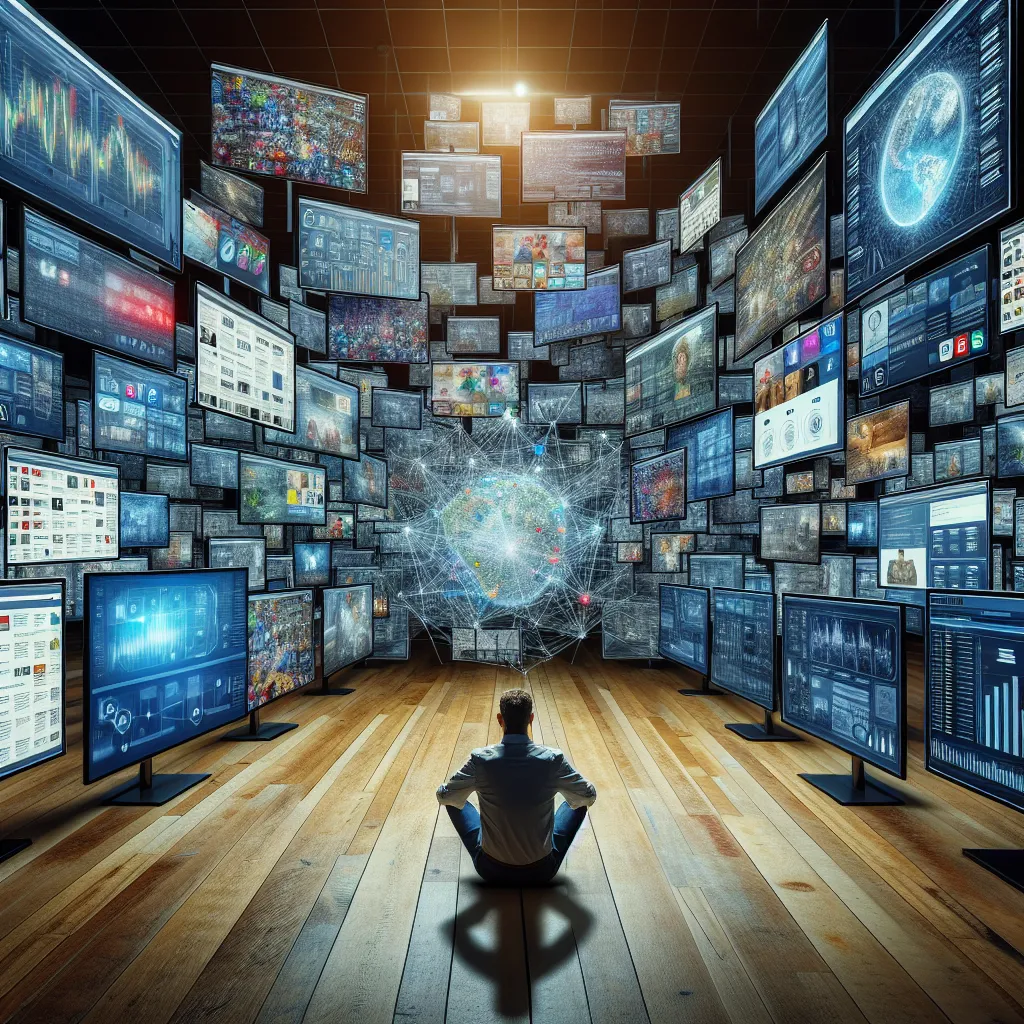Virtual Reality and Augmented Reality: Enhancing Immersive Experiences
Virtual reality (VR) and augmented reality (AR) are revolutionizing the landscape of experiential marketing, offering immersive experiences that were previously unimaginable. These technologies are shaping the future of events by creating new opportunities for engaging and captivating audiences.
VR allows event attendees to be transported to virtual worlds, offering unique and memorable experiences. Whether it’s exploring a virtual product showcase or taking a virtual tour of a destination, VR provides a level of immersion that traditional marketing methods struggle to match. On the other hand, AR overlays digital information onto the real world, allowing for interactive experiences that blend the physical and digital realms seamlessly.
Event professionals are leveraging VR and AR to create interactive brand activations, gamified experiences, and educational simulations. By offering a hands-on and immersive experience, brands can forge deeper connections with their audience, leaving a lasting impression.
Moreover, VR and AR technologies are enabling remote attendance at events, breaking down geographical barriers and allowing a global audience to participate in real time. This opens up new possibilities for event organizers to expand their reach and deliver impactful experiences to a wider audience.
As VR and AR continue to evolve, the potential for creating unforgettable event experiences is boundless. Incorporating these technologies into experiential marketing strategies is becoming increasingly vital for staying ahead in the competitive event landscape.
Sustainability and Green Events: The Rise of Eco-Conscious Gatherings
As the event industry continues to evolve, one of the emerging trends shaping the future of experiential marketing is the increasing focus on sustainability and green events. Eco-conscious gatherings are on the rise as organizations and individuals alike recognize the importance of reducing the environmental impact of their events. This trend is driven by a growing awareness of climate change and a desire to make a positive impact on the planet.
Sustainability in events encompasses a wide range of practices, including energy efficiency, waste reduction, ethical sourcing, and carbon offsetting. Event organizers are incorporating sustainable elements into their planning, from choosing eco-friendly venues and using biodegradable materials to implementing recycling and composting programs. Additionally, the rise of technology has enabled virtual attendance options, reducing the need for travel and its associated carbon footprint.
Furthermore, the demand for sustainable practices is influencing the event supply chain, leading to the development of eco-friendly event products and services. From renewable energy solutions to plant-based catering, the event industry is embracing innovative approaches to minimize its environmental impact.
Ultimately, the rise of eco-conscious gatherings reflects a collective effort to integrate sustainability into all aspects of event planning and execution. As this trend continues to gain momentum, it is clear that sustainability will play a significant role in shaping the future of experiential marketing.
Personalization and Customization: Tailoring Experiences to Individual Preferences
In the dynamic landscape of experiential marketing, personalization and customization have emerged as pivotal elements shaping the future of events. Tailoring experiences to individual preferences is becoming increasingly essential in creating impactful and memorable event experiences. With the advancement of technology and data analytics, event organizers are now able to gather and analyze vast amounts of information about attendees, allowing for a deeper understanding of their preferences and behaviors.
Customization of event experiences can take various forms, ranging from personalized event agendas and content recommendations to tailored networking opportunities based on individual interests. Utilizing data-driven insights, event organizers can curate unique and personalized experiences that resonate with each attendee on a personal level. The result is an increased sense of relevance and connection, fostering stronger engagement and satisfaction among participants.
Furthermore, the rise of interactive and immersive technologies has opened up new possibilities for personalization within events. Augmented reality (AR) and virtual reality (VR) experiences can be customized to align with the specific preferences and interests of attendees, creating individualized and captivating interactions. Similarly, the integration of AI-powered chatbots and personalized event apps enables real-time customization, providing attendees with tailored recommendations and assistance throughout the event.
Ultimately, the emphasis on personalization and customization in experiential marketing represents a strategic shift towards prioritizing the individual attendee and their unique needs. By creating tailored experiences that speak to the specific preferences of each participant, event organizers can foster deeper connections, drive meaningful engagement, and set new standards for the future of events.
Hybrid Events: Blending Physical and Virtual Elements
Emerging event trends are shaping the future of experiential marketing, with hybrid events leading the way in blending physical and virtual elements. This innovative approach to event planning seamlessly integrates in-person and online experiences, catering to diverse audiences and expanding reach.
By harnessing the power of technology, hybrid events offer a dynamic platform that combines the best of both worlds. Attendees can participate in real-time interactions, access on-demand content, and engage with speakers and fellow participants regardless of their physical location. This level of flexibility not only enhances accessibility but also provides a more inclusive environment for global audiences.
From interactive virtual booths to live streaming of physical events, the hybrid model opens up a myriad of possibilities for event organizers. Leveraging augmented reality and virtual reality technologies can create immersive experiences that captivate remote attendees, blurring the line between the physical and digital realms.
Moreover, the data insights gathered from virtual engagement offer valuable metrics for analyzing attendee behavior and interests. This data-driven approach enables a deeper understanding of audience preferences and facilitates personalized content delivery, ultimately enhancing the overall event experience.
As the demand for flexibility and accessibility continues to grow, the hybrid event trend is set to play a pivotal role in the future of experiential marketing. Embracing this innovative approach is essential for event planners looking to stay ahead in an ever-evolving industry.





